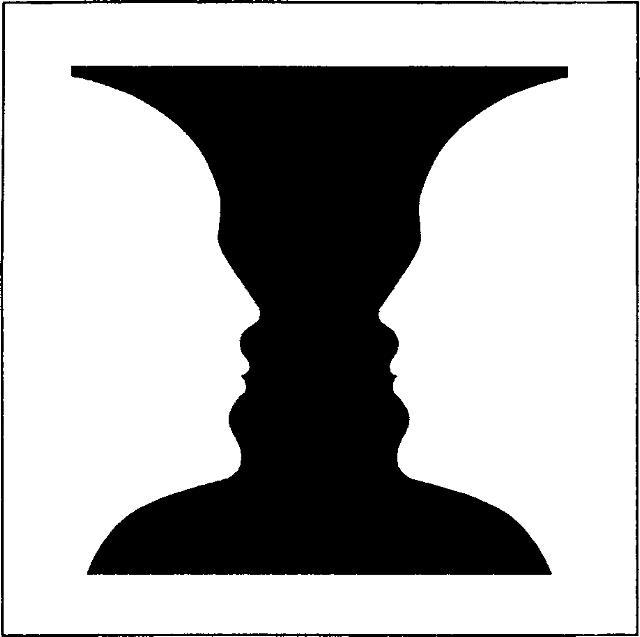Making It Rain: Understanding the Experience Paradigm
The “guest experience” is possibly the most talked about aspect of the industry. Delivering a great (memorable, unique, motivating, etc.) experience is the business we are in – our competition can copy everything we do – maybe even do it better than we do — but they cannot copy the experience the guest enjoys in our property. The guest experience is the only sustainable differentiator in the hospitality industry (except for location…but that’s a separate discussion). At the end of the day, the customer must feel their experience of our hotel is superior to other options. We win if we are seen as being a superior experience. We lose if we are seen as being the same or, heaven forbid, inferior.
It’s important to understand that when we talk of the guest’s experience, we are not talking about what actually happened to him or her, we are talking about the thing they recall as being the experience. If you think about it, by the time we know we are experiencing something, it is in the past, and we are really experiencing our recollection of what happened. As human beings our recall of an experience is very often at odds with what actually happened. Therefore, as hoteliers, we need to ensure not only that guests have a memorable experience, but that they remember the experience in positive and motivational ways. In fact, it is not so much what we do as it is what people think we did (or “remember” that we did). The question then is how do we design and engineer guest experiences that , at the end of the day, in a week, or a month, or a year, the guest remembers as being more than they expected and exactly what they wanted (or needed)?
The answer is two-fold. First we need to have a clearly articulated understanding of what experience would ensure the guest responds the way we want them to, and secondly, we need to identify the specific attributes, services and amenities that will trigger this experiential response.
The first, a clearly articulated definition of what experience will ensure the desired response, is nothing more than – and nothing less than – the hotel’s well-crafted brand. The brand strategy is the roadmap to achieving the desired response from the target guests, and as such should inform the design and execution of every experience.
The second is the art and science of experience design, and requires an understanding of how people process the things they experience: physically, emotionally and intellectually.
Three things we need to know about experiences:
1. We evaluate experiences on expectations
2. Our minds determine how we experience things – we may experience the same thing differently at different time
3. What we think of as an experience is actually our memory of that experience and is distorted by what came before it and what came after it
Applying this understanding, we can manage the way people experience what we do, and ensure our guests are universally and consistently delighted.
How does this work?
Evaluate experiences on expectations
Simply put, if something is exactly as we expected it to be, we will be “satisfied “and have no complaints; if something is not as good as we expected, we will be disappointed and dissatisfied; but if something is better than we expected, we will be delighted. As experience designers we can manage expectations to ensure delight rather than disappointment.
Our minds determine how we experience things
The most graphic description of this phenomenon is the classic mind-puzzle:
The image above is either a vase or two heads facing each other. Depending on how we approach the image, what we expect to see and what we know about it, we will experience it differently. If, for instance, we are not given any information about the image, we will see whichever image conforms to our unconscious determination. This could be guided by our mood, by our vision, by our artistic temperament. Many things.
But if we were told before seeing the image, that we would see a picture of a vase, we would see a vase and (probably) only a vase.
What we think of as an experience is actually our memory of that experience
And our memories are notoriously unreliable. Not only because we can’t really recall anything, but because we like to recall what we want to think have we remembered. If the GM of the hotel shakes my hand and thanks me for staying at his hotel when I am leaving, I am likely to be so flattered that I want to recall my stay as being delightful. I will forget the negative things, and change the positive things to be super positive: the second cup of coffee the server poured at breakfast will become yet another example of the hotel taking care of my every need. The GMs interest in me makes me want to remember the experience as outstanding, and, being human, unless it was really terrible, I can do precisely that.
We can manage the way people experience what we do
As experience managers we can manage expectations and we can inform people how or what to experience by the way in which we present our activities or the way in which we merchandise them at the point of delivery. We can “prime” the experience based on what we say and what we show I and how we say it. It may seem silly, but simply using superlative or even positive words in the description of a menu item will cause the guest to enjoy it more. And we can influence the way people want to remember their experience of our hotel by timing peak and memorable experiences: generally a peak experience at the end of the stay will go a long way to converting a satisfying, even good, experience into a delightful, memorable, transformative experience.
About the Author
Laurence Bernstein is a former member of Cayuga Hospitality Consultants.
Contact Us




